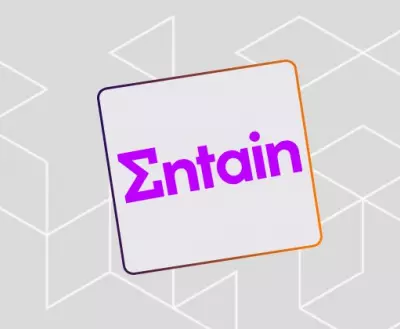Brazil has been an interesting frontier for developing gambling laws in recent months. Back in July, lawmakers posited a change in regulations, that would effectively make internationally licensed casinos operating for Brazilian customers illegal. The provisions would seek to block payment processors from handling transactions to offshore-licensed gambling operators, in an attempt to cut off the industry by the head.
It all comes as part of wider drives in Brazil to overhaul existing gambling legislation, with the authorities recognising the benefits of state monopolies, both in licensing casino operators and in directly controlling some forms of gambling.
This is something governments across South America are paying increasing attention to. Traditionally considered some of the stricter territories in the world for online gambling licensing, many South American countries have, at best, operated in a legal grey area. The Brazilian government’s attempts to overhaul existing legislation is their recognition of the fact that operators, customers and taxpayers deserve a better system.
So news emanating from Brazil today hardly comes as much of a surprise. The government has announced that Brazil will privatise the lottery by the end of 2017, in a move that analysts are suggesting shows an increasing pace of change in their approach to gambling.
The Secretary of Economic Monitoring made the announcement today, which will see the bidding process opened to private contractors from as early as December. The winning tender will be tasked with running the LOTEX lottery for an initial period of 25 years.
At present, the lottery is operated by Caixa, a local government-backed bank, which continues to run the lottery operation today – albeit without instant ticket sales, which were halted back in 2015 to clear the way for the privatisation announcement made today.
There are expectations that up to 10 companies will be involved in the bidding process, which could lead to a competitive tender process and potentially higher licensing revenues for the government. The minimum bid to be considered for the franchise is set at 290.0 million, although this could quickly escalate if the process is as competitive as it’s shaping up to be.
Industry analysts John DeCree said that while competition was lining up, there were still some reservations, given the wider approach to gambling in Brazil.
“Though it appears from our discussions that many of the major suppliers are still noncommittal on whether they would participate in the auction given some degree of uncertainty surrounding the regulatory landscape in Brazil and market opportunity.”
All eyes will be focused on the process when it opens in December, and some have suggested this could pave the way for similar measures to be adopted elsewhere in the continent. By moving lottery services into private hands, or indeed by establishing national lotteries where none exist, governments are able to tap into a fresh source of revenue, while raising money for a range of public good causes.
The UK National Lottery serves as a prime example, which raises millions every year for good causes. It also contributed to UK state coffers, while providing customers with a good, reliable service. Over the decades since its launch, the National Lottery has developed a strong brand reputation in the UK, and has grown to become something of a national institution.
It remains to be seen whether something similar can be achieved in Brazil. But while countries transition to a more liberal approach to gambling, in recognition of the revenues that can become available for good projects and state funds, it remains challenging for operators to identify effective ways of capitalising on these opportunities.
Particularly as gambling laws are still in development, operators have an understandable reluctance to sign themselves up to potential liabilities – no more pronounced than in the case of a 25 year lottery license.
Until these issues are resolved, operators in Brazil and beyond will find it difficult to build from a position of confidence, which ultimately harms everyone involved.








